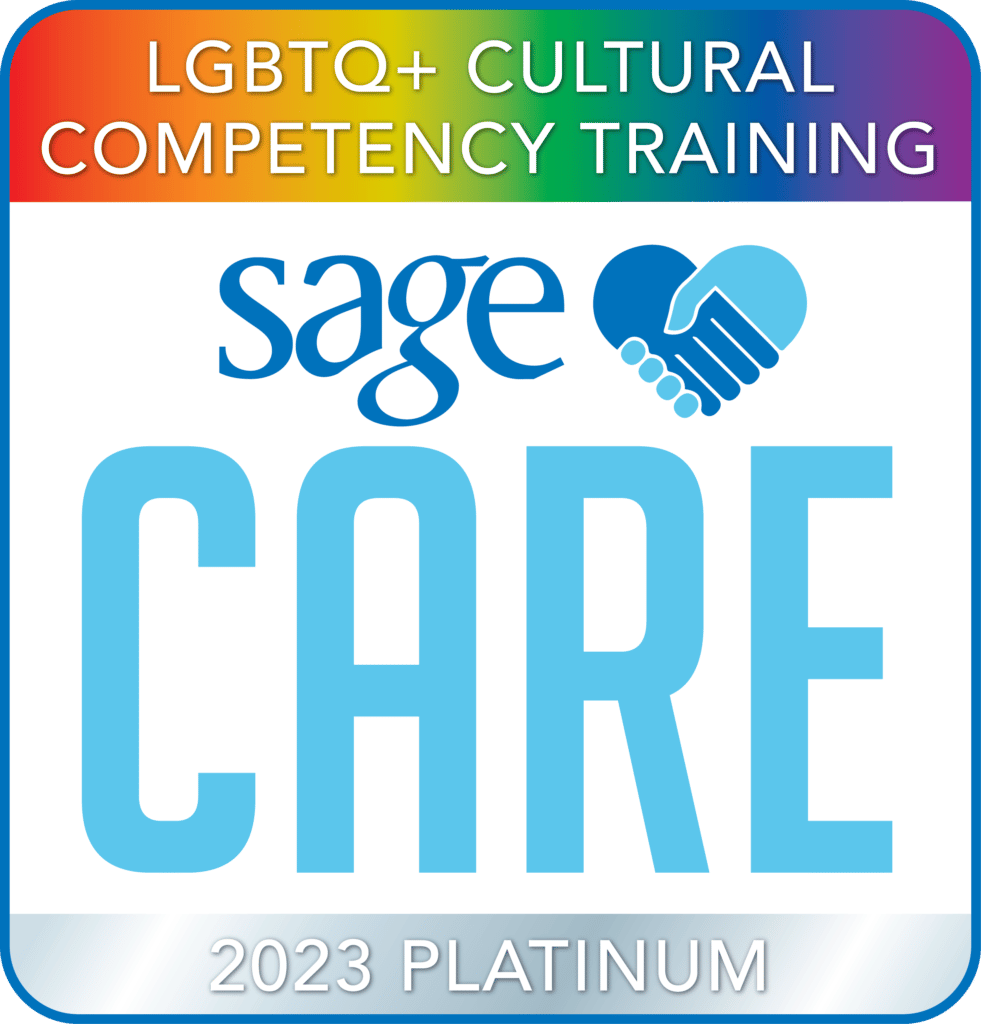The Beginner’s Guide to Long-Term Care

As we age, the need for comprehensive support and specialized care often becomes a reality. This progression can eventually prompt the need for a higher level of medical care. Long-term nursing care is appropriate for individuals with complex and potentially serious medical conditions such as wound dressings, breathing rehabilitation, tube feedings, or those with rapidly changing health statuses or persistent health issues that cannot be managed at home or in other settings.
Navigating senior living options can be complex enough, so when it comes to sifting through the world of long-term care, our skilled nursing team in Cape May County has put together this guide to simplify the process. Join us as we unravel the key aspects of long-term nursing care within senior living communities, offering a clear roadmap for this important journey.
Assisted Living vs. Long-Term Care
While assisted living and long-term care can look similar on the surface, it is important to understand the key differences. Assisted living is designed for seniors who need help with daily tasks such as getting dressed, taking medication, or doing laundry. This level of care does not require comprehensive medical treatment. On the other hand, long-term care is tailored to individuals with chronic illnesses or disabilities that require continuous, and sometimes intensive, medical supervision. For that reason, long-term care can also be referred to as “skilled nursing.” Some of the more common conditions treated in a skilled nursing setting include post-operative wounds, stroke, injuries, diabetes, infections, Alzheimer’s, cardiovascular ailments, Parkinson’s disease, dementia, or respiratory ailments. Ultimately, the choice between long-term care and assisted living depends on the person’s individual health and medical needs.
When is it Time for Long-Term Care?
Determining when it is the right time for long-term care is not an easy decision, as it depends on a variety of factors related to an individual’s health and well-being. Difficulty with activities of daily living such as eating, bathing, and mobility (ADLs) is generally one of the first indicators that it may be time to consider a senior living community that offers skilled nursing. Cognitive decline and conditions like Alzheimer’s and dementia may also require a higher level of care as they become more advanced, especially if safety becomes a concern. Frequent hospitalizations or medical emergencies can also signal the need for long-term care, and it is always recommended to involve healthcare professionals, such as physicians and social workers, in the decision-making process. Additionally, discussing these considerations with family members and the individual involved is crucial for making informed and compassionate decisions about long-term care.
Choosing the Right Long-Term Care Community
Selecting the right long-term care community is a critical decision that requires careful consideration and research. First and foremost, you should start by assessing the potential resident’s specific health needs and the amount of assistance they will require daily. Ensure that the prospective community’s medical team, including nurses, caregivers, and therapists, possess a proven track record and the relevant certifications and training that match the level of care needed. A well-qualified and compassionate staff is instrumental in providing the best possible care and enhancing the overall quality of life for residents living in a long-term care community. Reading up on community reviews is also a great idea, as it can lend a first-hand perspective from residents and families facing similar medical situations. Most importantly, when you or a loved one is ready, we recommend scheduling a tour of the long-term care community in person to really get a proper feel of all that it has to offer.
Long-Term Care in Cape May County, NJ
United Methodist Communities at The Shores provides around-the-clock long-term care in Cape May County, NJ. Our full continuum of care model allows for a graceful transition from our assisted living program within the same overall community. We have a fully accredited staff of licensed nurses, certified aids, and therapists who will be there for you or a loved one every step of the way. To learn more, give us a call at 609-399-8505, or click here to learn more or schedule a tour.




